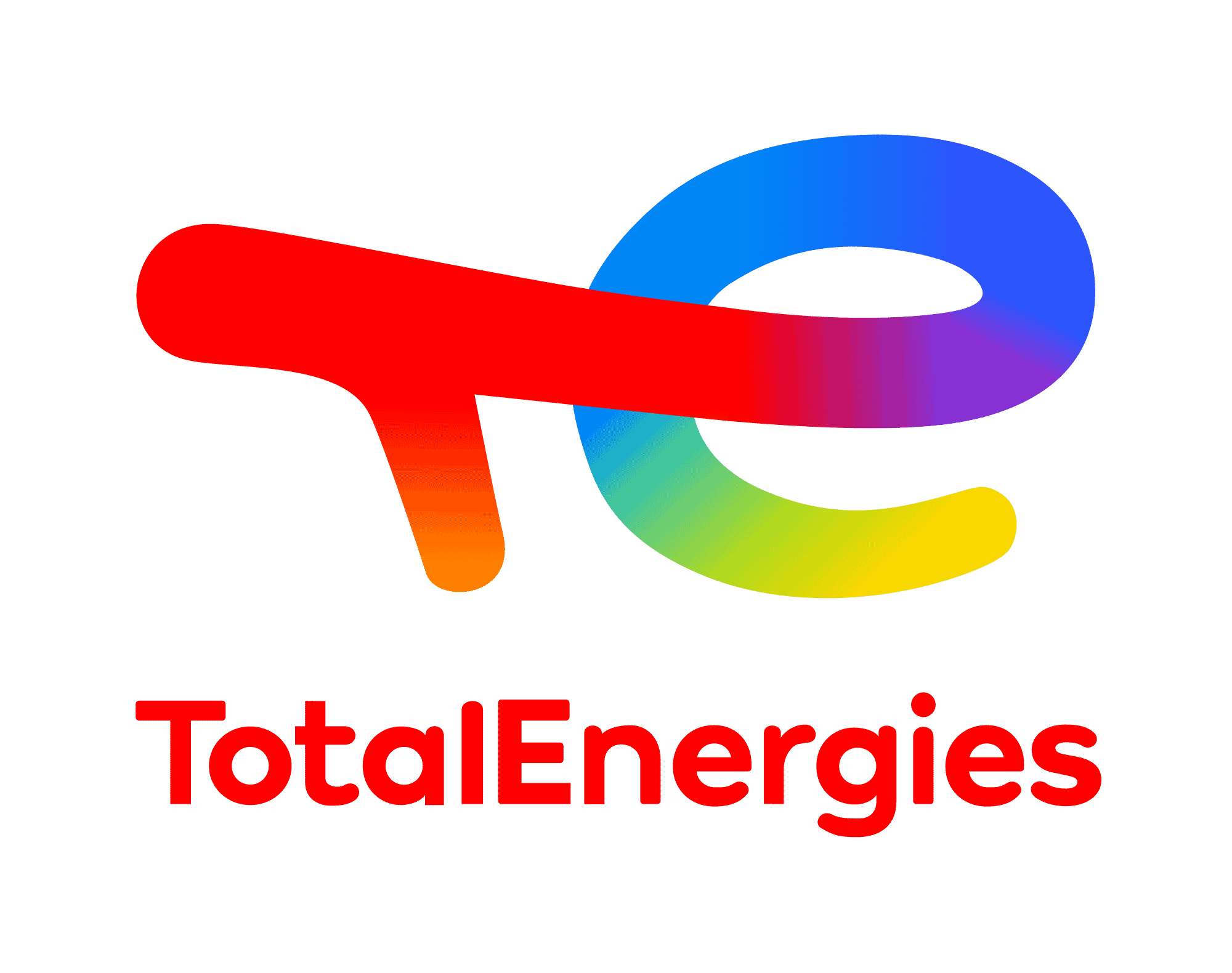In France, employees are starting to ask questions about the impact of their employee saving schemes, with a thousand employees recently asking Amundi, a subsidiary of the Crédit Agricole Group, about their savings fund’s climate impact [1]. Reclaim Finance has assessed Amundi’s votes at the 2024 main European oil and gas companies’ annual general meetings. The findings are stark: Amundi refuses to make fossil fuel expansion a red line for systematically sanctioning these companies’ strategies, voting in favour of all the resolutions put forward by TotalEnergies for example, the largest private upstream oil and gas developer [2]. Amundi urgently needs to strengthen its voting practices, by systematically sanctioning fossil fuel developers and unambiguously justifying its votes with a climate rationale, in response to calls from scientists and its own clients.
With more than €2,000 billion in assets under management, Amundi is the largest European asset manager and a major investor in oil and gas companies such as TotalEnergies, of which it is the largest shareholder [3]. As a result, its voting patterns are under increasing scrutiny. In May 2024, 1,200 employees from various companies called on Amundi, their employee savings manager, to “vote at the 2024 annual general meetings against the climate plans of these companies and against the reappointment of the board members who promoted them”. Reclaim Finance has analysed the asset manager’s votes at the six largest European oil and gas companies’ 2024 AGMs.
The need to oppose the climate-wrecking strategies of oil and gas developers
While the Intergovernmental Panel on Climate Change (IPCC) and the International Energy Agency (IEA) are unanimous on the incompatibility of fossil fuel expansion with a credible 1.5°C scenario, 96% of companies involved in oil and gas exploration and production continue to develop new oil and gas fields [4]. The major companies in the sector, such as TotalEnergies, Shell and BP, are no exception: none of them has a climate plan that would enable them to follow a robust 1.5°C trajectory. Even more worryingly, Shell, BP and TotalEnergies have lowered their climate ambitions in 2023 [5].
While these companies have been the subject of shareholder dialogue with Amundi for several years, their activities are still not in line with the requirements of climate science, which means that the asset manager must now urgently step up its engagement activities with these companies, especially through votes at AGMs.
Inconsistent votes that still support fossil fuel expansion
In 2024, Amundi’s votes once again failed to clearly sanction fossil fuel expansion by oil and gas companies.
The asset manager supported the re-election of a majority of the directors at Shell and BP, and the re-election of all directors at TotalEnergies, even though they are responsible for the climate-wrecking plans pursued by these companies. Amundi also voted in favour of a resolution approving Repsol’s Board of Directors’ management of the company. In addition, the investor approved all the financial accounts of the oil and gas companies assessed, even though they do not properly incorporate the risks associated with climate change [6] and some of these companies’ assets are at risk of becoming stranded assets [7].

|

|
 |

|
 |
 |
|
|---|---|---|---|---|---|---|
| Re-election of directors (including the chair) | FOR 3 out of 3 director re-elections | FOR For 5 out of 10 director re-elections | FOR 8 out of 12 director re-elections | NA | NA | NA |
| Re-election of the chair of the Board of Directors | FOR | AGAINST | AGAINST | NA | NA | NA |
| Approval of the management of the Board of Directors | NA | NA | NA | NA | FOR | NA |
| Approval of remuneration | FOR | AGAINST | AGAINST | FOR | AGAINST | AGAINST |
| Approval of financial accounts | FOR | FOR | FOR | FOR | FOR | FOR |
| Say on Climate | FOR | NA | AGAINST | NA | ABSTAIN | NA |
| Climate-related shareholder resolution | NA | NA | FOR | NA | NA | Mixed (AGAINST resolution 14, FOR resolution 15) |
Red indicates that Amundi did not vote in favour of climate. Green indicates that Amundi did vote in favour of climate.
“NA” means that the company did not present this type of resolution at this year’s AGM.
Source: Amundi website [8]
Amundi’s votes are also inconsistent between companies. TotalEnergies, of which it is the largest shareholder [9], appears to be particularly untouchable. Amundi voted in favour of all the resolutions presented by the French oil and gas major, including the one regarding its climate strategy. Moreover, the asset manager voted against Shell’s energy transition plan, but abstained on Repsol’s equivalent resolution and voted in favour of TotalEnergies’, even though neither of these companies has a strategy enabling them to follow a 1.5°C trajectory with little overshoot and a limited volume of negative emissions.
Ambiguity regarding the rationale of opposing votes
If we exclude TotalEnergies, Amundi voted against some strategic resolutions that would, in theory, sanction those responsible for inadequate climate strategies. In particular, the asset manager voted against the re-election of the chairs of the Boards of Directors of Shell and BP, and against the remuneration of several oil and gas companies.
However, the investor did not publish any justification for these votes, creating ambiguity about their motivation, which could be governance-related rather than climate-related [10]. Conversely, some investors have publicly established a clear link between votes against strategic resolutions and inadequate climate plans [11]. Amundi should follow the example of these initiatives and clearly sanction fossil fuel expansion, in line with climate science.
Given the climate emergency, it is essential that Amundi carries out an in-depth review of its voting practices. The asset manager must adopt systematic climate-related criteria, non-compliance with which will automatically result in a vote against certain clearly identified resolutions (as a priority, the re-election of directors, remuneration and the financial accounts). Continued fossil fuel expansion must be a red line.



